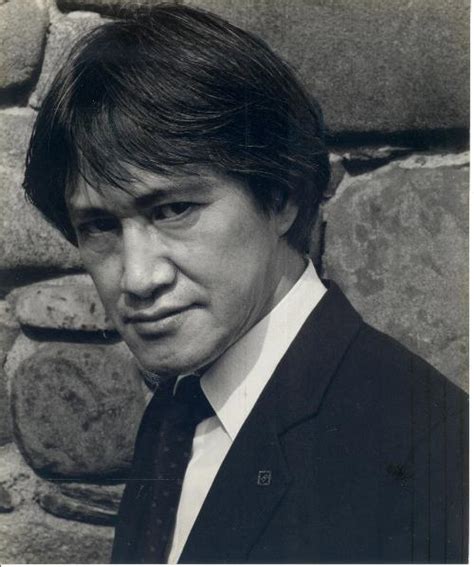A Quote by Nomy Arpaly
Sometimes I suspect that there are two prototypes of philosophers who write about humans - I call them "celestials" and "terrestrials", without implying that celestials have their heads in the clouds or that terrestrials have theirs buried in the ground. The difference between these two types is not so much in their theories but in whether or not they would find it a very sad thing if it turned out that the only way a human is superior to a wolf is this: the human brain is significantly more capacious and complex.
Related Quotes
I would be ok if I found out for sure that if I am in any way superior to a wolf it is simply in virtue of my brain's higher capacity and complexity. A large difference - my cerebral equipment allows me to have such diverse concepts as "hope", "funky", "England", "multiplication", "three strikes" and "the categorical imperative" - but a difference in degree. Wolves, of course, are superior to me with regards to smelling, hearing, and running, and are generally superior to humans in that they don't kill each other.
Unlike the heart or kidney, which have a small, defined set of cell types, we still do not have a taxonomy of neurons, and neuroscientists still argue whether specific types of neurons are unique to humans. But there is no disputing that neurons are only about 10 percent of the cells in the human brain.
I don't remember the first image of a werewolf I saw, but I suspect it was the hybrid type, up on two legs, with long limbs, hair, claw-like fingernails and lupine head. To me there's nothing scary about complete transformation from human into wolf. Wolves aren't scary. They're dangerous, yes, but so are geese, in the wrong mood. What's scary is seeing the human in the wolf but knowing it's beyond the reach of reason or emotional appeal. That's where the horror and dread kicks in.
It is rational to choose the right means to your ends to develop very elegant abstract formal theories of rational choice, and then turn these into what look like moral theories. Philosophers tend to be ravished by the formal beauty of such theories, and they don't pay much attention to the fact that our human limitations make them pretty useless in practice, while the simple point about instrumental reasoning is too shallow to be of much real moral interest.
When humans act like animals, they become the most dangerous of animals to themselves and other humans, and this is because of another critical difference between humans and animals: Whereas animals are usually restrained by the limits of physical appetites, humans have mental appetites that can be far more gross and capacious than physical ones. Only humans squander and hoard, murder and pillage because of notions.
After a moment, Wrath turned to John. "This is Lassiter, the fallen angel. One of the last times he was here on earth, there was a plague in central Europe-" "Okay, that was so not my fault-" "-which wiped out two-thirds of the human population." "I'd like to remind you that you don't like humans." "They smell bad when they're dead." "All you mortal types do.
Clipper took a relatively simple problem, encryption between two phones, and turned it into a much more complex problem, encryption between two phones but that can be decrypted by the government under certain conditions and, by making the problem that complicated, that made it very easy for subtle flaws to slip by unnoticed. I think it demonstrated that this problem is not just a tough public policy problem, but it's also a tough technical problem.
The problem, of course, was that people did not seem to understand the difference between right and wrong. They needed to be reminded about this, because if you left it to them to work out for themselves, they would never bother. They would just find out what was best for them, and then they would call that the right thing. That's how most people thought.
If moral statements are about something, then the universe is not quite as science suggests it is, since physical theories, having said nothing about God, say nothing about right or wrong, good or bad. To admit this would force philosophers to confront the possibility that the physical sciences offer a grossly inadequate view of reality. And since philosophers very much wish to think of themselves as scientists, this would offer them an unattractive choice between changing their allegiances or accepting their irrelevance.
If you dropped me off a space platform onto the ground where a line was drawn, I would fall to the left side of it. I believe the difference between right and left is that the right, for the most part, the bulk of their philosophy is interested in property, and the rights of people to own property and gain and acquire and keep property. And I think on the left - though they blend and mix - on the left primarily you will find people who are more concerned about humans, and the human condition, and what can be done.








































